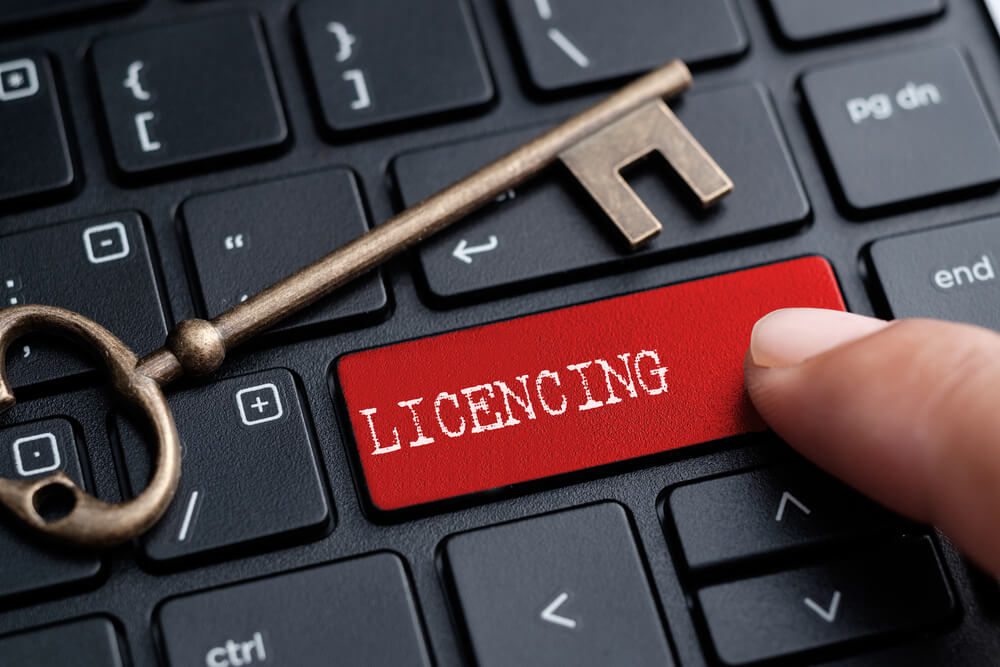Thinking about joining the booming short-term rental market in Toronto? Before listing your property on Airbnb, it’s essential to understand the licensing requirements set by the City of Toronto. Getting a valid short-term rental license isn’t just about compliance—it’s the foundation for a successful, legal Airbnb business. This updated 2025 guide explains how to apply, who qualifies, and what documents you’ll need to streamline the process from day one.
If you’re wondering how to get an Airbnb license in Toronto and avoid steep fines, this guide is your go-to resource.
Who Needs a Short-Term Rental License in Toronto?
Any individual, partnership, or corporation planning to rent out a property for fewer than 28 consecutive days must obtain a valid short-term rental license. This includes those listed on platforms like Airbnb, VRBO, or Booking.com. Even if you’re renting out a room in your home occasionally, registration is still required under Toronto’s bylaws.
Eligibility: Can You Apply for a Toronto Airbnb License?
You must meet all of the following criteria to be eligible in 2025:
- Be at least 18 years old.
- Use the property as your principal residence.
- Prove that the address is your legal home (ID, bills, etc.).
This applies whether you’re a homeowner or a tenant. However, before proceeding, tenants must review their lease agreements and the Residential Tenancies Act.
What Properties Are Eligible for Short-Term Rentals?
You can short-term rent a unit in any housing type, as long as it’s your principal residence:
- Condominiums: Make sure your building allows Airbnb-style rentals under condo bylaws.
- Apartments or townhouses: Confirm with your landlord or building manager.
- Secondary or basement suites: You can only rent if it’s your primary residence.
- Laneway suites: Allowed only if you live in the suite as your main home.
- B&Bs: Must register and follow Airbnb-style rental rules.
Important: Under Toronto regulations, only your primary residence is eligible for short-term rentals. Secondary homes or additional properties do not qualify.
Accurate Listing Information Is a Must
One of the most common reasons a listing is suspended is a mismatch between your Airbnb listing and your registration information. Make sure:
- Your registration number is displayed clearly.
- The address matches exactly, including the unit number and postal code.
- The legal name on file is consistent.
How to Register for a Toronto Airbnb License in 2025
Here’s the updated, step-by-step breakdown for registering your short-term rental:
1. Visit the City of Toronto’s Online Portal
The entire process must be completed online.
2. Provide Required Information:
- Government-issued Ontario ID (Driver’s License or Photo Card only).
- Address and contact details.
- Emergency contact is available 24/7.
- Details of the property and what part of the home is being rented.
3. Complete the Alternate Contact Consent Form
Ensure your emergency contact agrees, and you retain written consent.
4. Pay the Registration Fee
- 2025 fee: $375 (subject to annual adjustment).
- Only credit cards are accepted.
5. Certify Your Property Complies with Codes
You must declare that your property meets the Ontario Building and Fire Code requirements.
What Happens After You Register?
Once you’ve submitted your application:
- The city reviews your documents and may conduct a property inspection.
- You’ll receive a registration number by email upon approval.
- You cannot legally host guests until you receive your license.
Note: If your license has been previously revoked, you must wait 12 months before reapplying.
Tips for a Smooth Registration Process
- Double-check your listing address across all platforms to avoid mismatches.
- Make sure your name on Airbnb matches your government ID.
- Keep copies of your consent forms and registration confirmation.
Final Thoughts
Applying for a short-term rental license in Toronto doesn’t have to be complicated if you know the steps. With this 2025 guide, you’re well-equipped to legally and efficiently start your Airbnb business.
If managing your rental alone feels overwhelming, consider working with a trusted Toronto Airbnb Management company. They’ll ensure your operations are 100% compliant and help you maximize your property’s income potential from day one.
